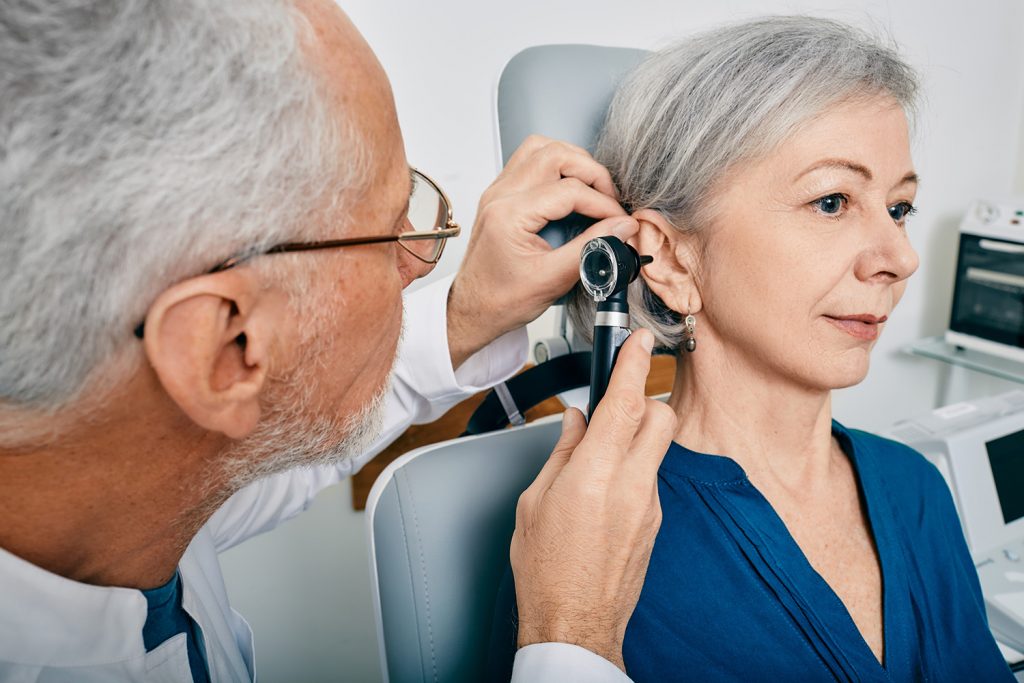In order to get the most out of your hearing assessment, it’s important to understand what’s going on. Asking the right questions can help you get the most out of your visit.
Here are some questions you might consider asking:
How is my hearing affecting the way I talk to others?
Many people first notice they’re losing the sounds that are high-pitched. This can make it hard to hear things like the voices of women and children.
You might find it tough to hear when there’s a lot of background noise or feel like you’re missing parts of words in a chat. It’s good to talk about these things with your hearing expert.
Do I need a hearing aid?
If your hearing isn’t as good as it used to be, you might need a hearing aid. It’s important to know why you might need one. Your hearing expert should explain this to you in a way that’s easy to understand. It’s all about knowing what’s going on with your hearing and being okay with getting some help.
Should I see a doctor before getting a hearing aid?

This is a big one. Sometimes, there’s a medical reason for hearing problems. If your hearing expert sees something unusual in your test results, they might tell you to see your doctor. It’s always good to double-check and make sure everything’s okay before moving on.
Which hearing aid is right for me?
There’s a lot to think about here. This depends on a number of factors:
- your hearing levels;
- any existing outer ear problems;
- the shape of your ear canal;
- how much you can afford;
- any physical limitations you might have;
- what your lifestyle requirements are;
- if you want connectivity for the phone and streamed audio;
- if you need a Telecoil for church and other places that support this technology;
- if you listen to a lot of music;
- if you have tinnitus that is causing distress; and
- the style of hearing aid you would like.
All these factors should be discussed with your HHP to ensure you get a hearing aid that suits you and one that you are happy to wear.4
What good will a hearing aid do for me?

There are a lot of things you can do with a hearing aid these days. They can improve your hearing, allow you to hear the TV clearly, and even transform the way you listen to music. It’s all about finding the right one for you.
Will a hearing aid fix everything?
Hearing aids can help a lot, but they might not make everything perfect. Some people say they can hear better in all situations with their hearing aids. But for others, there might still be times when hearing is a challenge. The key is to give it time and see how things go.
Remember, it’s always okay to ask questions. The more you know, the better you’ll feel about your hearing and the choices you make.




